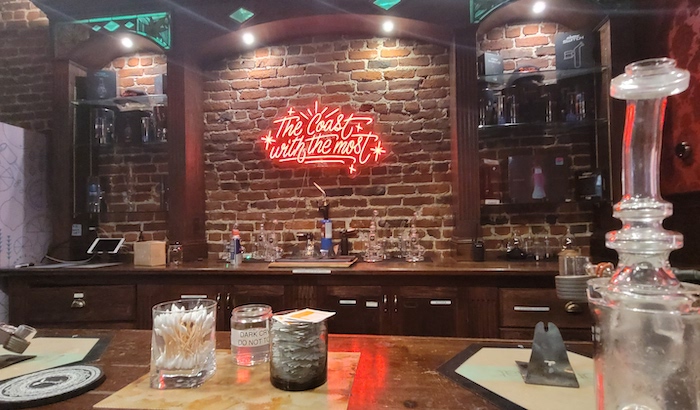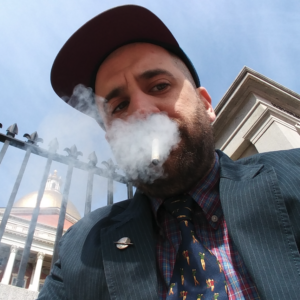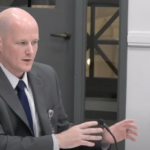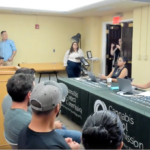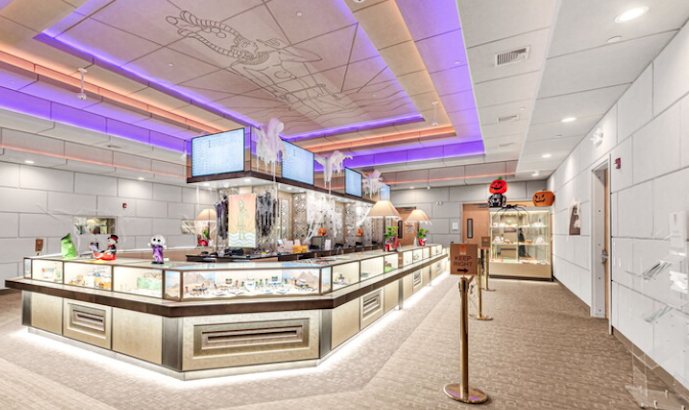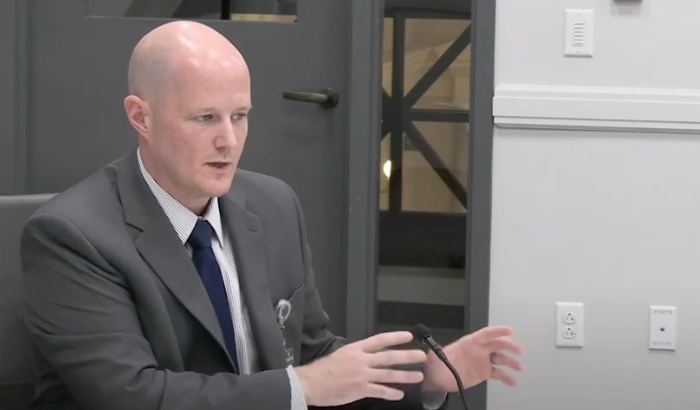“Social consumption is already happening in the unregulated market” … the challenge is “to figure out how to get it into a regulated market.”
As we reported in mid-April, there is finally some movement on the social consumption front in Massachusetts, however faint.
Social Consumption Establishment licenses are currently limited to Economic Empowerment Priority applicants or Social Equity Program participants, microbusinesses, and Craft Marijuana Cooperatives for the first 36 months. That’s not just a coincidence; the same communities where people have been disproportionately impacted by the war on drugs are also places where residents are especially likely to live in a situation—whether because they rent instead of own, or because of tight quarters, or because they live in a federally-funded public housing development that evicts or fines for any kind of smoking—where they can’t consume at home. Urban neighborhoods, for example, need consumption lounges asap.
Since it’s not yet possible for applicants to open up these businesses, those who qualify for the exclusive window are requesting an extension of that period, as well as changes in the law that would enable them to not only open but eventually profit. And while it’s unclear how the CCC will ultimately manage such adjustments, they’re at least making a show of processing feedback via an April letter to stakeholders and the public stating that their “Social Consumption Working Group is tasked with reviewing the Commission’s existing social consumption regulations to consider whether any new regulations or amendments to the existing regulations are needed to move the Social Consumption Marijuana Establishment license forward in Massachusetts.” (Feedback was due on April 28).
Further complicating an already complicated issue that CCC Chair Shannon O’Brien and others consider a leap into the great unknown is a social consumption pilot program greenlit by the commission in May 2019 that identifies “a limited number of communities across the state [that could] be authorized to host marijuana establishments in which adults ages 21 and older could consume cannabis on site.” The vote stemmed from a 2019 social consumption working group memo and specified that “licenses for primary-use locations and events sanctioned by a municipality would be exclusively available to licensed Microbusinesses and Craft Marijuana Cooperatives as well as certified Economic Empowerment Applicants and Social Equity Applicants” for an initial designated period.
That working group also recommended “that smoking only be permitted outdoors – away from doors, windows, and ventilators – and if the locality finds it compatible with surrounding uses.” While “indoor vaping would be permitted if a ventilation system is utilized that removes vapor and odor.” Notably, the May 2019 announcement stated that “once social consumption is approved, the host municipality would have the authority to cap the number of licensed marijuana establishments or events it allows.”
Among other impediments to having an accessible and functional social consumption program, the current state regulations prohibit a retailer from selling cannabis for onsite consumption. As the Network for Public Health Law explains, “When the exclusivity period ends, this prohibition will prevent the broader field of retailers from colocating a consumption site at their retail location.”
There was talk at Thursday’s meeting about problematic rules and the restrictive nature of, among other specifications, costly ventilation systems—mostly in the context of we need to do this right the first time, because we can’t in decent conscience regulate people into those kinds of expenses and then turn around a few years later and change all the rules on them.
As for the framework that they have to build on or break down, depending on your viewpoint, Commissioner Kimberly Roy said former Commissioner Kay Doyle told her “the mindset was to crawl before you walk … so you have room to loosen or broaden.” She added, “That pilot was put there for a reason.”
The initiative has nevertheless caused confusion among regulators and potential license holders—all while, as Executive Director Shawn Collins noted, there aren’t many social consumption models to study in other states, and “the lack of a municipal opt-in provision”—a mechanism that did not exist until August of last year—“really prevented any social consumption in the commonwealth” from taking root until recently. All things considered, Commissioner Bruce Stebbins expressed interest in creating “a regulatory structure that wouldn’t have to comply with the pilot program”—a concept that raised another bunch of existential questions.
All commissioners essentially agreed to take a hard look at rules which force towns and cities to first apply to the CCC to have social consumption before applicants in their municipalities can be considered. There’s no such protocol for other cannabis license types (or for bars and restaurants that serve alcohol, for that matter), and Commissioner Ava Callender Concepcion said that regulators need to consider that a lot of people are looking at this license class closely and “positioning themselves in anticipation for this without having to rely on being selected in a [particular] municipality.”
Engaging the task at hand head-on, Commissioner Nurys Camargo said “social consumption is already happening in the unregulated market”; the challenge, she said, is “to figure out how to get it into a regulated market.” She also said that people should prepare for there to be a steep municipal learning curve.
“It can take cities and towns months or even a year to put something like this on their schedule,” Camargo said. “I know people are nervous about social consumption, but I think this is going to be a mind shift—not just for us, but for cities and towns.”
“I don’t know what it is yet,” Chair O’Brien said. “Until we do, I don’t think planning can go on. Is it going to be smoking? Are we going to have to worry about anti-smoking laws? Is it infused drinks? Is it a bar with a patio? We need to understand what those essential options are.”
The social consumption working group will finish their research and recommendations on the matter in the coming weeks. After those drafts beget more public input, the future of lounges and concert clambakes will be left in the hands of state regulators and their lawyers.
“The commission enjoys very broad legal authority, so there is of course a role for rule-making,” CCC Assoc. General Counsel Andrew Carter said. “That would be a policy decision for the body.”



